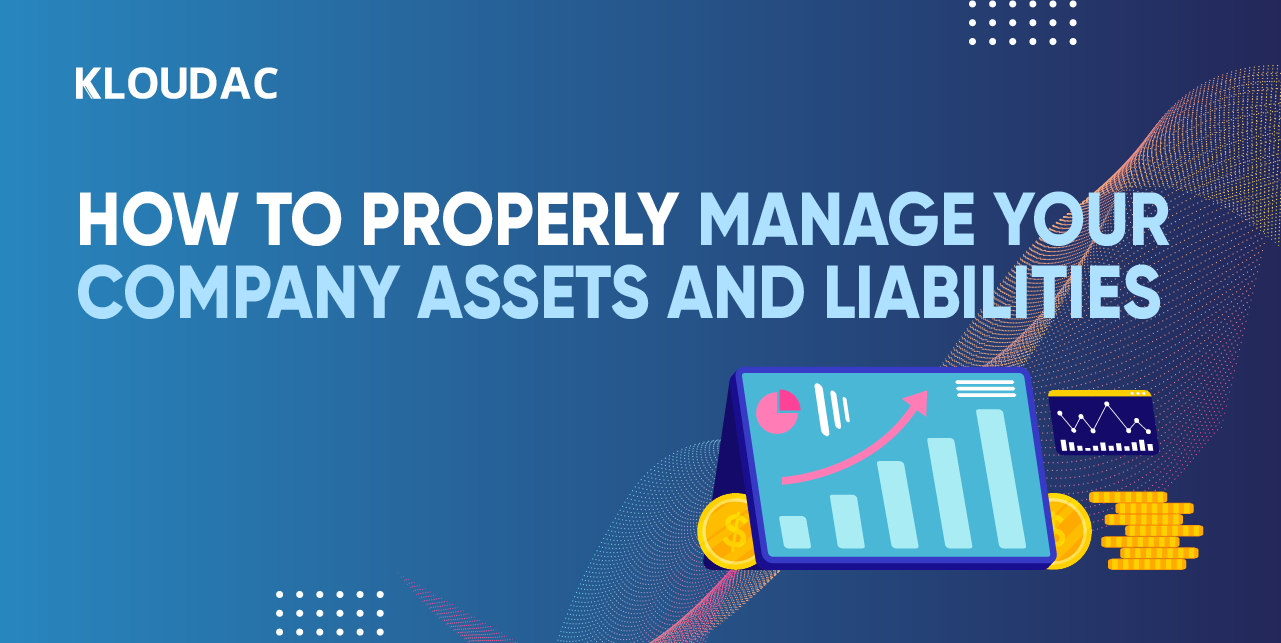Managing company assets and liabilities is crucial for the success of any business. In the United Arab Emirates (UAE), it is even more important as the government has strict regulations and guidelines on financial reporting. As a business owner, it is essential to properly manage your company assets and liabilities in the UAE to ensure compliance and avoid legal and financial consequences. In this blog, we will discuss some tips on how to do so effectively.
Keep Accurate Records
The first step in managing your company’s assets and liabilities is to keep accurate records. This includes maintaining a ledger of all transactions, including purchases, sales, expenses, and revenues. You should also maintain proper documentation for all assets, such as invoices, receipts, and contracts. This will help you track your finances accurately, identify any discrepancies, and provide evidence in case of any disputes.
Conduct Regular Audits
Conducting regular audits is an effective way to keep track of your company’s financial status. Audits can help you identify any errors, fraud, or other irregularities that may impact your company’s assets and liabilities. You can conduct an internal audit or hire a professional audit firm to do it for you. Audits can be done annually or quarterly, depending on the size of your company and the complexity of your finances.
Categorize Assets and Liabilities
Categorizing your assets and liabilities can help you better understand your company’s financial status. Assets can be categorized into fixed assets (such as property, plant, and equipment), current assets (such as cash and inventory), and intangible assets (such as patents and trademarks). Liabilities can be categorized into current liabilities (such as accounts payable and short-term loans) and long-term liabilities (such as long-term loans and bonds). Categorizing your assets and liabilities will help you manage them effectively and make informed financial decisions.
Monitor Cash Flow
Monitoring your cash flow is critical to managing your company’s assets and liabilities. You should maintain a cash flow statement that shows the inflow and outflow of cash from your business. This will help you track your company’s liquidity and identify any potential cash flow problems. You can use financial software to help you monitor your cash flow and generate reports.
Hire a Professional Accountant
Hiring a professional accountant can help you manage your company’s assets and liabilities effectively. An experienced accountant can provide valuable advice on financial management, help you prepare financial statements, and ensure compliance with UAE financial regulations. They can also help you identify potential financial risks and develop strategies to mitigate them.
KLOUDAC Accounting Firm Dubai, UAE
Managing your company’s assets and liabilities in the UAE requires proper planning, documentation, and monitoring. KLOUDAC helps you by keeping accurate records, conducting regular audits, categorizing your assets and liabilities, monitoring your cash flow, and hiring a professional accountant, you can ensure compliance with UAE financial regulations and make informed financial decisions that will help your business succeed.
